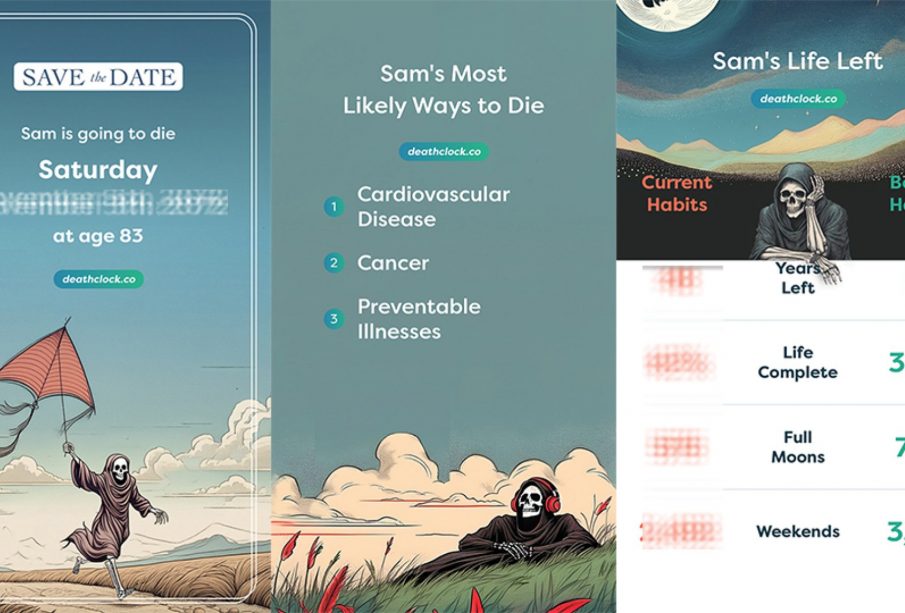Understanding the AI Death Clock and Its Implications

Introduction
The advent of artificial intelligence (AI) has transformed many aspects of life, from how we do business to the way we communicate. Recently, a controversial concept known as the ‘AI Death Clock’ has emerged, sparking discussions about the intersection of technology and mortality. The AI Death Clock predicts an individual’s lifespan based on various data inputs, raising ethical and philosophical questions about how we view life and death in an era dominated by technology.
What is the AI Death Clock?
The AI Death Clock utilizes complex algorithms and machine learning techniques to analyze data points such as age, health conditions, lifestyle choices, and even genetic information to estimate when a person may pass away. Various online platforms and apps have surfaced, allowing users to input their personal information and receive an estimation of their remaining time. For some, this serves as a wake-up call to adopt healthier habits, while for others, it can lead to anxiety and existential dread.
Current Developments
As of late 2023, several startups and tech companies have developed AI models that offer these calculations with increasing accuracy. Some health professionals argue that these tools could be beneficial, enabling people to make informed choices about their health. For instance, an AI chef might recommend dietary changes based on an individual’s risk factors for certain diseases. However, critics argue that the use of such technology is fraught with moral dilemmas, particularly concerning privacy and the poignant emotional responses it elicits.
Ethical Considerations
The emergence of the AI Death Clock raises several ethical questions. Is it appropriate to reduce human life to mere data points? Can the predicted outcomes lead to a self-fulfilling prophecy where individuals might neglect their health based on predicted outcomes? Moreover, privacy concerns abound, as sharing personal information with AI platforms can expose individuals to data misuse and breaches.
Conclusion
As society continues to grapple with the implications of the AI Death Clock, it is essential for both developers and users to approach this technology with caution. While it offers intriguing insights into personal health and mortality, the potential psychological impacts and ethical dilemmas must be thoroughly examined. In the future, AI could play a role in enhancing our understanding of life expectancy and health, but it should be framed within a respectful, empathetic narrative that acknowledges the complexities of human existence.








